Project
partners
CADAP
EU-Allied Entities
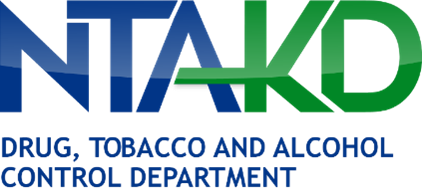
Drug, Tobacco and Alcohol Control Department – NTAKD (Lithuania)
Drug, Tobacco and Alcohol Control Department – NTAKD (Lithuania)
The Drug, Tobacco and Alcohol Control Department (NTAKD) under the Government of Republic of Lithuania is the Lithuanian national institution entrusted to shape public policy on psychoactive substance control and prevention in the light of new challenges and evidence-based science. NTAKD’s mission is to protect public health, reduce the demand and supply of psychoactive substances, and ensure inter-institutional coordination.
NTAKD collaborates with EUDA, several EU organizations and other national and international bodies. NTAKD's participation in CADAP has enabled the exchange of experiences of its national experts with its peers in Central Asia.

Institute on Addictive Behaviours and Dependencies – ICAD (Portugal)
The Institute on Addictive Behaviours and Dependencies – ICAD (Portugal) is the central body of the Portuguese Ministry of Health in charge of the design, implementation, monitoring and evaluation of the national policy on addictive behaviours and dependencies.
ICAD’s mission is to prevent and reduce addictive behaviours and dependencies, ensure treatment, harm and risk reduction, social reintegration, as well as to foster capacity building and differentiated training, research and innovation in these areas and it is the Portuguese leading institution in the elaboration of the national strategy and action plan on addictive behaviours and dependencies. ICAD plans, implements and coordinates drug demand reduction interventions and collects, analyses and disseminates information on drug use and responses to it.
ICAD is the Portuguese national focal point to the EUDA and has experience in EU funded drug related development projects, holding a great background of best practices in integrated evidence-based approach to drugs, alcohol and addictive behaviours.

National Centre for Prevention of Addictions – KCPU (Poland)
The National Center for Prevention of Addictions (KCPU) is the specialized agency of the Ministry of Health of the Republic of Poland to implement national drug demand reduction policies. Established in 2022 as a result of merging the National Bureau for Combating Drug Addiction (KBPN) and the State Agency for Solving Alcohol Problems is responsible for preventing psychoactive substances addiction and behavioural addictions.
KCPU is focused on developing and implementing addiction prevention programmes, educating people about the risks and promoting healthy lifestyles; providing access to addiction treatment services for individuals and their families; and conducting monitoring and research to understand addiction trends and improve prevention and treatment strategies.
KCPU collaborates with various organisations and institutions, both in Poland and internationally, to address the complex problem of addiction. KCPU and its predecessor KBPN have been traditionally linked to CADAP's prevention component.
Stragetic partnership
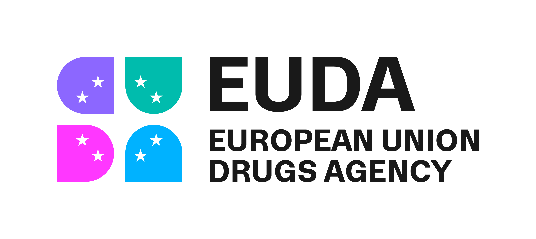
European Union Drugs Agency – EUDA
The European Union Drugs Agency (EUDA) is the centre of reference on drugs and drug addiction in Europe. Its overall mission is to strengthen EU preparedness on drugs providing objective, reliable and comparable information on drugs and drug addiction. EUDA monitors drug trends, alert on emerging threats, share science-based knowledge, and learn from the experience to develop robust responses.
To get information EUDA rely in a network of national focal points (NFPs) in the EU Member States, Turkey and Norway. Together they form the European Information Network on Drugs and Drug Addiction (Reitox network). This network ensures a comprehensive and harmonised approach to reporting on drugs in Europe.
EUDA has also a strong international mandate. EUDA monitors global drug trends that may pose a threat to Europe, cooperating with third countries, supporting them in the setting-up of national drug observatories and co-creating in the areas of data collection, threat assessment and early-warning systems. EUDA supports the EU and its Member States with data and analysis at multilateral drug policy fora and cooperate with international organisations in developing evidence-based global drug policy. Its involvement in CADAP allows experts from Central Asia to participate in meetings on key epidemiological indicators as well as the possibility of training internship at its headquarters.

Government Delegation for the National Plan on Drugs – DGPNSD (Spain)
The Government Delegation for the National Plan on Drugs (DGPNSD) is the governing body of the Ministry of Health of Spain responsible for the direction, promotion, general coordination and supervision of the National Plan on Drugs.
The DGPNSD assumes the impulse of the drug demand reduction policies, including the prevention, treatment, social incorporation and harm reduction related to addictive behaviours programmes. The DGPND analyses the drug problem from a global and integrated perspective, acting in a coordinated and joint manner throughout different fields of action.
Within this approach, international cooperation constitutes an area of special importance for the DGPNSD, as it enables the participation of Spain in all multilateral forums related to the drug phenomenon, as well as the development of bilateral relations with third countries and setting an strategic partnership with the international cooperation initiatives led by Spain on drug policies such as CADAP or COPOLAD.
Technical support
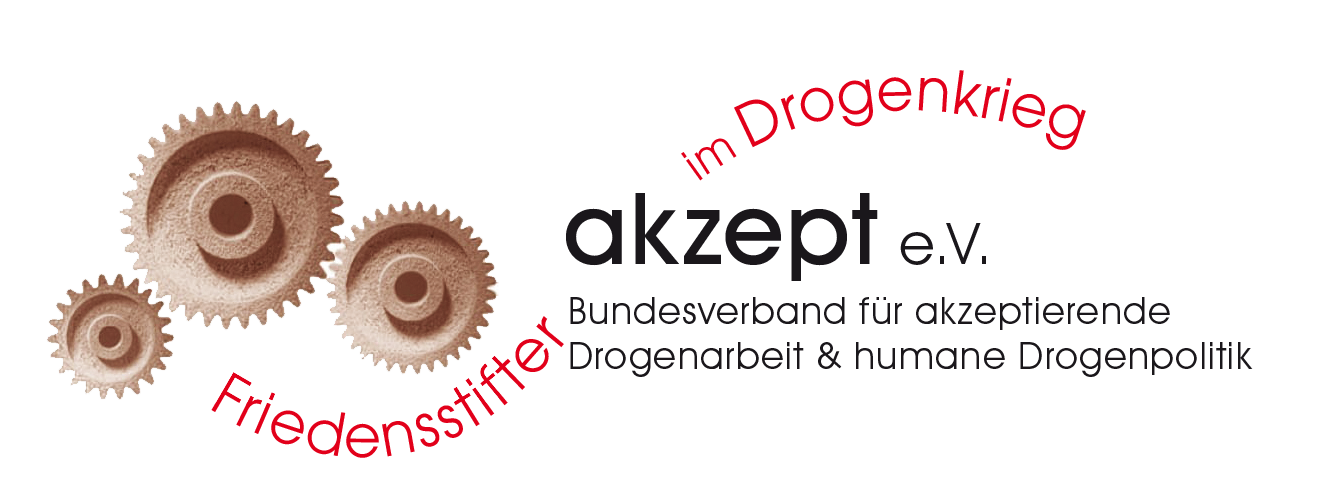
Akzept e.V.
Akzept e.V. is an independent civil society organisation founded in Bremen, Germany, in 1990 to promote a pragmatic drug policy aimed at helping and supporting vulnerable groups and developing harm reduction services.
Akzept e.V. is an interdisciplinary association of practitioners and researchers, social workers, medical professionals, legal professionals, private individuals, self-help initiatives and organizations involved in drug policy focus on aid and support to avoid or reduce unintended drug use harm to both the consumer and society.
Akzept e.V. advocates for policies and practices that minimize the negative consequences of drug use, rather than solely focusing on abstinence. Akzept e.V. believes that drug use should be treated as a health issue rather than a criminal one.
Akcept e.V. provides technical support to CADAP in the treatment and rehabilitation of psychoactive substance users.
Home
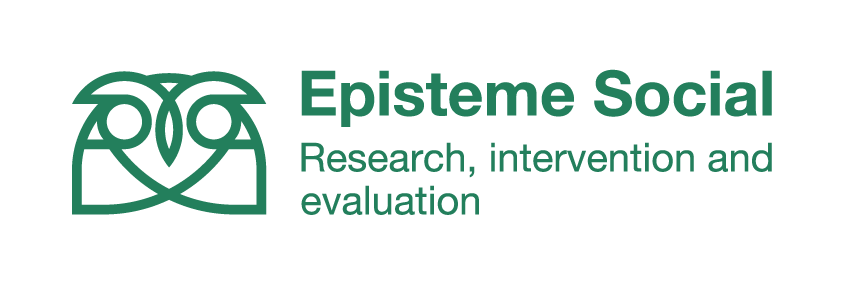
Episteme Social
Episteme Social
Episteme Social is an international grouping of specialists in research, training and evaluation in areas such as anthropology, social psychology, public health and psychiatry aimed at applying scientific knowledge so that public administrations and civil society organisations can improve their intervention processes with vulnerable populations.
Episteme social was founded in Barcelona, Spain, offering professional support in training, research and evaluation to improve the implementation of social programmes and projects through innovation in design, theoretical foundations and the development of evaluation instruments, supported by social sciences.
Episteme social works with public administrations as well as with international private entities. During the present phase of CADAP, Episteme social has provided technical assistance to the Programme supporting national and regional policy dialogues, systematising information on drug policies in Central Asian countries and contributing with its knowledge and experience in the drafting of a Handbook on Drug Policy Development and a Regional Drug Policy Report.
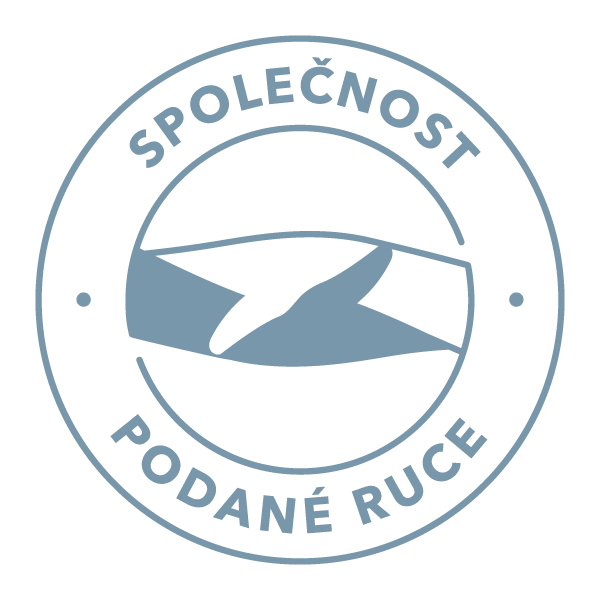
Společnost Podané ruce
Společnost Podané ruce, o.p.s. is a non-governmental organization offering high-quality, expert services in the field of addictions and work with children and young people at risk.
Společnost Podané ruce, o.p.s. started as a group of volunteers in 1984 in Brno, Czech Republic, and today is the biggest organization in the field in the country.
Společnost Podané ruce, o.p.s. play a part in the protection of public health and the prevention of addictions by developing the judgement-free environment. Společnost Podané ruce, o.p.s. pioneered in bringing and testing new trends, providing versatile support and efficient help to people to get free of addictions or overcome difficult situations that prevent them from living a full-value life and from participating in the society.
Společnost Podané ruce, o.p.s. has a vast experience in the field of international collaboration and networking. During the present phase of CADAP has provided support to the programme in the systematisation of data collection on drug policies in each Central Asian Country and promoting Early Warning Systems on New Psychoactive substances.


